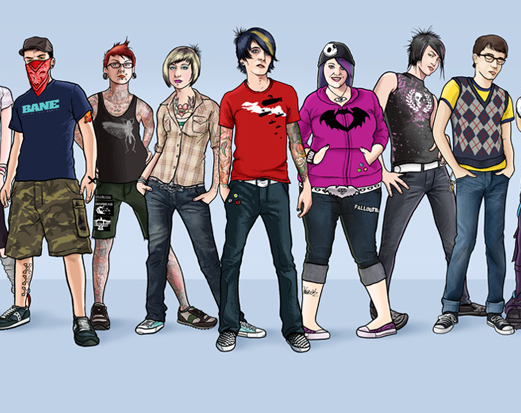In Scotland, teddy bears are not an endangered species anymore - B1
This time we want to greet an unusual and yet useful campaign started last twenty-first of September in Scotland. Glasgow Airport has launched an appeal to identify and reunite young passengers with hundreds of teddy bears left behind in planes or at the airport. The lost property office is overflowing with soft toys, with twenty-one left in the last three months. In the following short video, pictures of the lost toys are being displayed by the airport on social media. To avoid more "victims" of this unfortunate phenomenon, the Glaswegian Airport will soon launch a tagging campaign of the children's cuddly friends. The tags will be given to youngsters travelling with soft toys and will be marked with the owner's details. Glasgow Airport is encouraging the owners of missing soft toys to pick them up at the luggage collection point.
To know more about this initiative, click on the below link :
Glasgow Airport press releases. Includes latest updates on passenger numbers, new routes, service changes and Glasgow Airport's continuing transformation.
https://www.glasgowairport.com
Useful vocabulary:
appeal to identify: ask people to recognize someone or something based on a picture
lost property office (US: lost & found): a place in a public building where lost things are stored
to overflow: a place overflows, when everything in it starts coming out because it is too full
a tag: a cardboard, plastic, or metal marker used for identification or classification



































